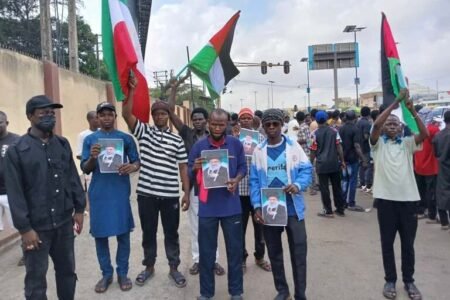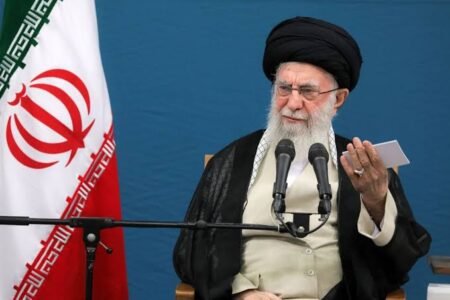With protests set for August 1, 2024, Nigerians, mainly youths, have lamented the hardship in the country since President Bola Tinubu was sworn in on May 20, 2023.
Aggrieved over the hyperinflation, insecurity, and alleged wrong economic policies implemented by the Tinubu administration, youths have vowed to protest nationwide, demanding change.
Despite several quarters urging the youths and intending protesters to shelve their grievances and give the Tinubu-led federal government more time, the youths have remained undaunted in their resolve to protest.
Clamouring with the hashtag #EndBadGovernanceInNigeria, the youths are demanding a reversion of the pump price of petrol to N100 per litre.
The argue that with the emergence of Tinubu as president, the pump price of petrol hit over a thousand naira, which has had a ripple effect in the prices of goods and services in the country.
The protesters are also demanding concerted efforts in fighting insecurity and hunger in the country. They demand the closure of all IDP camps and resettling of those who have been displaced from their communities as a result of rampant terrorism in the country.
The aggrieved youths are also demanding a “total electoral reform and an independent probe into the electoral budget of N355 billion.”
They also require the unconditional “release of all #EndSARS protesters still in detention.”
Among other things, they’re demanding “compulsory free education from primary to secondary school” and “education grant at tertiary level.”
Also included in their list of demands is that “children of all public office holders must attend public schools in the country.”
They also require that the “government must patronise made in Nigeria goods,” “transition to a unicameral legislature,” and “judicial and constitutional reforms.”
The federal government has urged the organisers of the demonstrations to resort to dialogue instead of a demonstration that may disrupt the peace and tranquilly in the nation.










